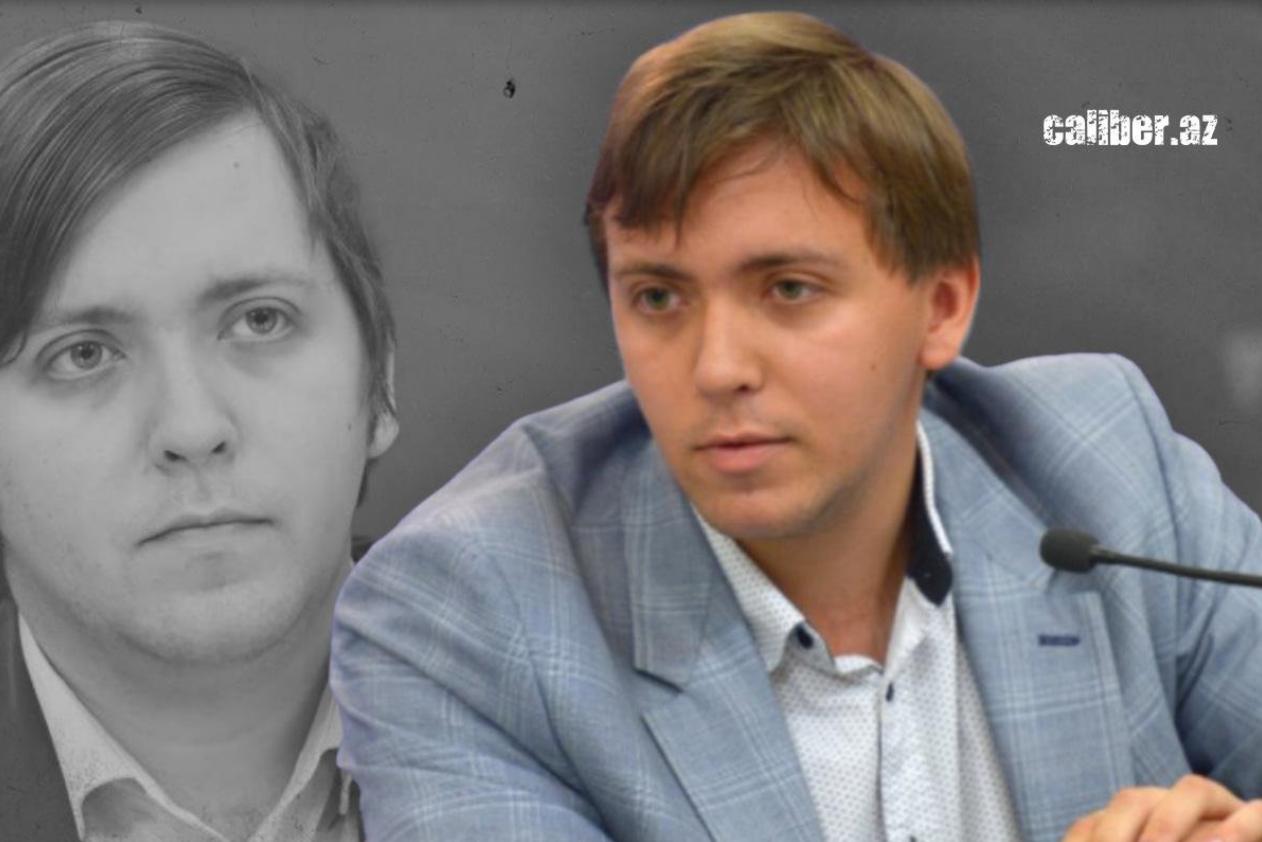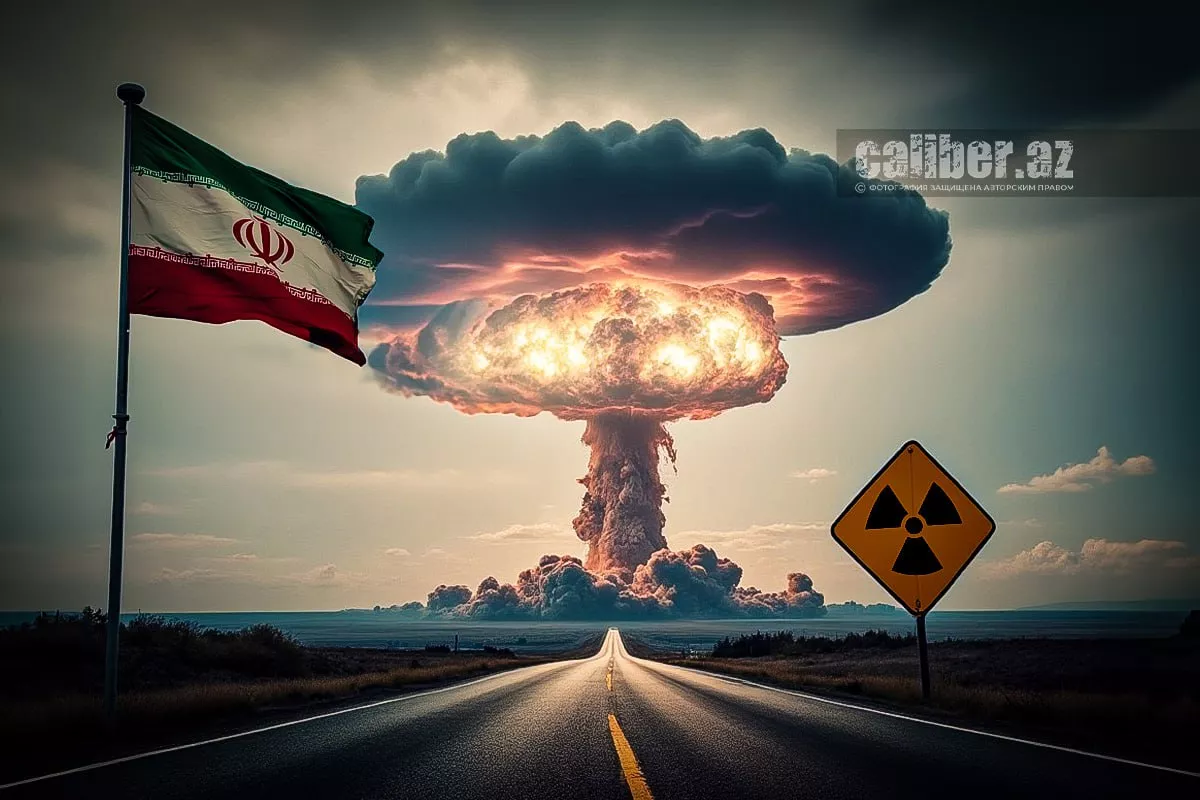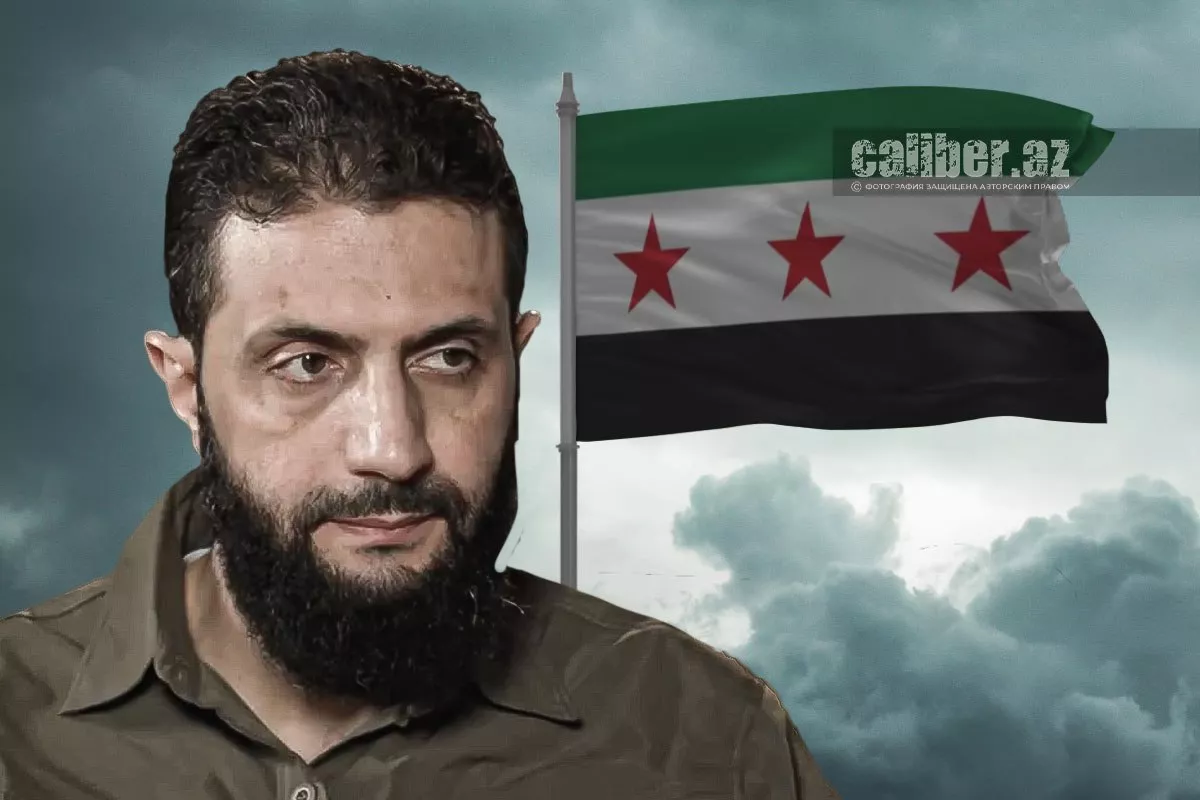"If Israel strikes nuclear facilities, Iran will have to respond" Expert insight on Caliber.Az
Konstantin Pakhalyuk, a Russian-Israeli political scientist, discusses key geopolitical issues in his interview with Caliber.Az. He addresses the ongoing conflict in Gaza, Israel's military strategy, the potential for an Iran-Israel confrontation, and the implications of such a conflict for the Middle East and the South Caucasus. He also delves into Israel's missile strikes on Syrian territories, Syria's future without Bashar al-Assad, and the broader strategic shifts in the region.

— Konstantin Alexandrovich, do you think there are any indications that the war in Gaza could end in the coming year?
— Predicting outcomes in such conflicts is always difficult. It's clear that all sides are fatigued by the fighting. Israel currently dominates the battlefield, but it’s evident that Hamas hasn’t been fully eradicated by military means—only temporarily defeated. With Trump's potential return to the White House, we can expect more consistent support for Netanyahu’s government (though it’s important to note that Israel's chosen method of warfare has faced criticism within the country). Nevertheless, Israel is unlikely to accept any arrangement that would allow Hamas to retain any form of presence in Gaza.
— So, the conflict will continue even under Trump?
— Even if Kamala Harris had been elected president, the war would have continued. The Israeli leadership, along with a significant portion of society, views the current situation not as "just a war" but as a matter of strategic security. The main concern here is not even Hamas, but the regime of the Ayatollahs in Iran.
— In that case, can the negotiations in Doha be considered substantive?
— The thing is, a significant part of Israeli society is concerned about the fate of the hostages, and the government cannot avoid such negotiations. However, Netanyahu is unwilling to make any concessions. To put it bluntly, Hamas is trying to leverage the hostages to bargain for its political future (showing Palestinians: "Yes, we are radicals, but unlike the Palestinian administration, at least we can strike at the Jews"), while Israel is focused on saving the hostages still alive, in exchange for promises not to kill all the terrorists. The problem is that this war is not really about hostages. It's about something much larger: radical Islamism, Iran, and its proxies. It's about how international guarantees and agreements have lost their meaning in the eyes of the Israeli government. As a result, the prevailing belief is: "It's better to rely on our army, and it will determine our future."
— Do you foresee a direct military conflict between Tehran and Tel Aviv?
— Unfortunately, I do. More specifically, not a full-scale war, but a strike on nuclear infrastructure. The situation at the moment is as follows: Iran is facing severe economic problems, and the narrative of "the U.S. and Israel are to blame for everything" no longer holds. Khamenei is, to put it mildly, elderly. The regime of the ayatollahs has long boasted about its aggressive foreign policy — and what has come of it? Hamas has been defeated (though not destroyed). Hezbollah has been shattered and severely weakened. Assad's regime has fallen. The Houthis have proven to be of limited use. Two symbolic missile strikes against Israel in the spring and fall caused no real damage. The White House is now under an administration firmly opposed to Iran. Russia, as a military ally, is no longer a viable option for objective reasons. Therefore, Tehran faces two strategic choices: either continue the current course in some form and rely on the nuclear threat, or sit down at the negotiating table and strike a deal. So yes, there is a possibility of an Israeli strike on Iran's nuclear facilities. But there is also an opportunity for political settlement.

By the way, regarding the hostages: one of the key problems in the negotiations is that Hamas itself did not know how many hostages it had left or where they were located.
— What would the consequences of an Iran-Israel conflict mean for the Middle East and the South Caucasus?
— From the perspective of Israeli leadership, this conflict is already ongoing, albeit in a relatively smouldering form. The question is whether there will be a hotter phase with mutual strikes. It's clear that if Israel strikes Iran's nuclear facilities, Tehran will have to respond in some way — at least for the sake of preserving face.
As for the South Caucasus, Armenia will find the weakening of Iran unpleasant, but that's all. Georgia currently has other issues. Azerbaijan will have to navigate carefully: on the one hand, there is the need to demonstrate pan-Islamic solidarity, and on the other, weakening Iran could be more beneficial from a national interest perspective. Off the top of my head, it's hard to identify any long-term negative consequences for the South Caucasus.
— What are the objectives behind Israel’s missile strikes on Syria's Latakia and Aleppo?
— The security considerations in the context of the sharp decline of Assad's regime. Israel is carrying out disabling strikes that benefit many players in the Middle East.

As for the occupied territories, we're talking about the former demilitarized zone — the IDF is pushing potential threats further from the actual borders. Israel’s actions, as I’ve mentioned, are driven by a broader issue: Jerusalem does not trust international agreements and promises, so a good guarantee is not someone’s goodwill but the actions of the IDF. At the moment, it’s about anticipating and eliminating potential security risks. Strategically, Damascus should not be Tehran's ally (as long as the ayatollahs are in power), and it would be better if they recognized the Golan Heights as ours, making the de facto borders also de jure.
— What do you see as Syria's future without Bashar al-Assad?
— I don’t see anything good there at the moment, although I don’t claim to be an expert on Syria. There was a harsh, corrupt, secular regime that showed complete bankruptcy. As far as I understand, people there are tired of the wars. So much depends on the new authorities: they will either maintain control over all of Syria, or the situation will devolve into an interfaith division. This is one of those cases where it’s better to observe than predict.








